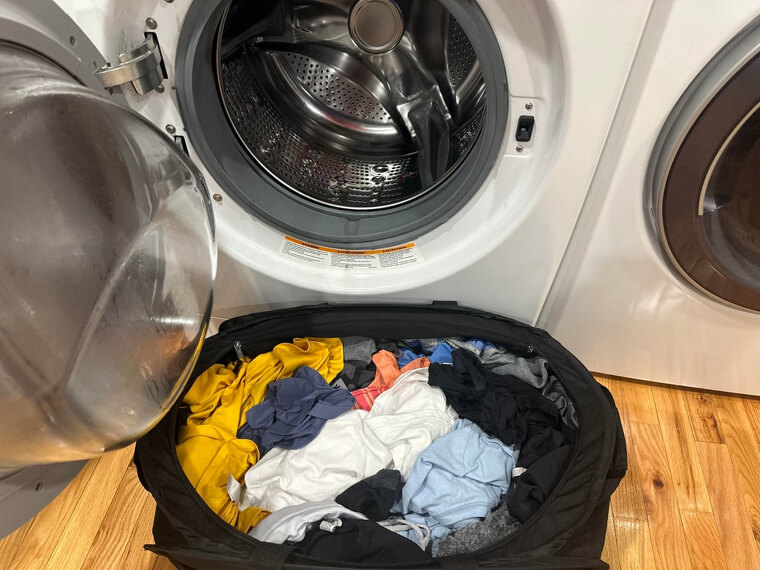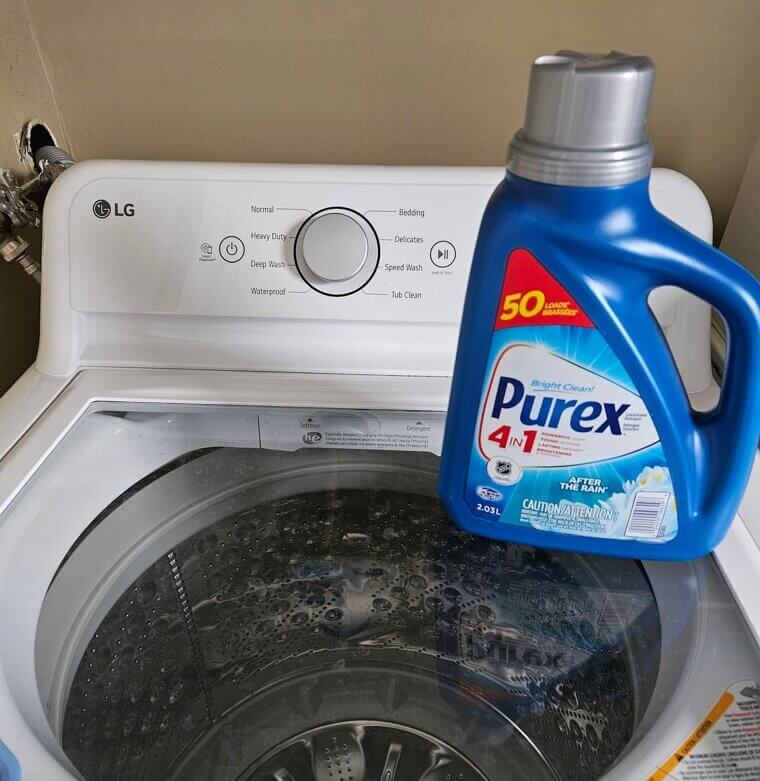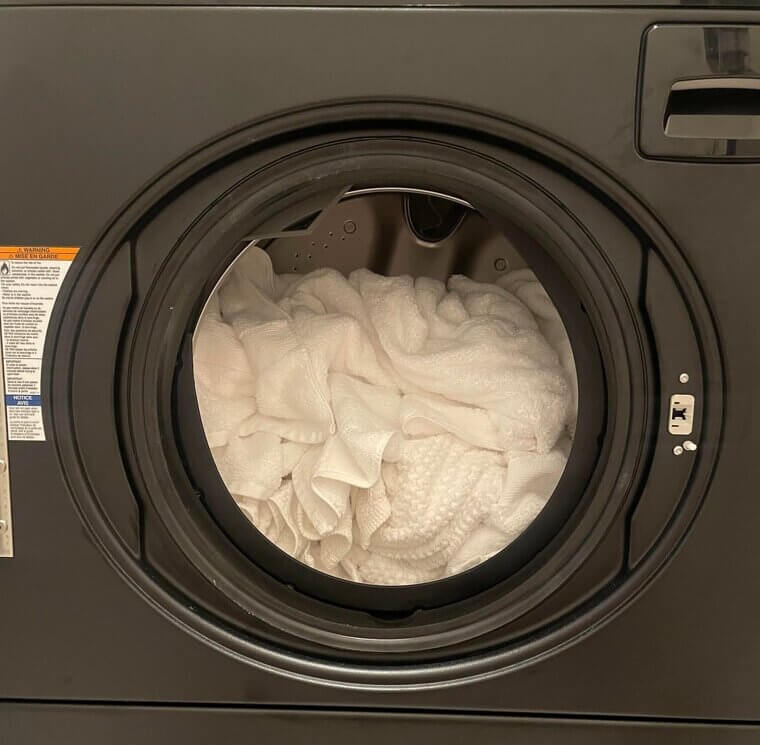Full Loads Reduce the Number of Cycles, Which Lowers Your Utility Bills
Washing machines use nearly the same amount of water and energy whether the load is small or full. That means every time you run a half load, you essentially pay the same price as a full one but end up with less laundry done. When you commit to running only full loads, your washer simply operates fewer times per week, lowering monthly water and electricity use. The difference is not dramatic overnight, but it becomes noticeable over time. Households that wash frequently see the biggest impact because skipping two or three unnecessary cycles a week adds up quickly. Fewer cycles also mean less time running the dryer, which uses far more energy than the washer. Over the course of a year, this can translate into a meaningful drop in utility bills, especially during seasons when laundry tends to increase. While this habit will not cut your bill in half, it provides steady long term savings that require no special tools or upgrades.
Fewer Loads Extend the Lifespan of Washers and Dryers
Every laundry cycle counts toward the lifetime wear of your appliances. Washers and dryers are built for a certain number of cycles before parts begin to break down. When you wash only full loads, you reduce total cycles, which slows the rate of mechanical wear. Motors, bearings, belts, pumps, and heating elements all last longer when used less frequently. This helps delay expensive repairs and keeps your appliances running smoothly for more years. For many households, the biggest financial benefit is not the immediate savings on utilities but the delayed cost of replacing or repairing machines. Modern washers and dryers are costly to fix and replace, and avoiding unnecessary cycles can buy you several extra years of reliable performance. Even if you save only a small amount on monthly utilities, extending an appliance’s lifespan by two or three years represents significant financial protection. It is one of the simplest ways to stretch the value of your investment without sacrificing cleanliness or convenience.
Full Loads Cut Detergent and Product Waste
Detergent is often one of the forgotten expenses of laundry. Many people pour more than they need, especially when running smaller loads. When you wash only full loads, you avoid doubling up on detergent, fabric softener, or stain products. You use a single dose for a larger amount of clothing, which stretches each bottle much further. Over time, the difference becomes noticeable. Detergent bottles last longer, fabric softener does not vanish as quickly, and even specialty products get used more efficiently. Running half loads often means running them more frequently, which leads to more doses overall. Full loads maximize every scoop or capful. Even high efficiency detergents become more cost effective because they are being used in the most efficient way. While detergent savings might seem small in the moment, they stack up across dozens of laundry days. By the end of the year, many households discover they bought fewer refills and reduced chemical waste while keeping clothes just as clean.
Fewer Laundry Days Also Save Time and Reduce Wear on Clothing
Running only full loads forces you to be more intentional with your laundry schedule. Instead of constantly washing small batches, you consolidate loads and reduce the number of laundry days. This saves time, lowers stress, and keeps clothes out of the constant wash and dry cycle that wears down fibers. Frequent washing fades colors faster, thins fabrics, loosens elastic, and shortens the life of garments. By reducing total washes, you help clothing last longer, which reduces the need for replacement and saves money on new purchases. This habit is especially useful for items like jeans, towels, and bedding, which often suffer when washed too frequently. Fewer wash cycles also mean less lint production, which is literally your clothing breaking down. For budget conscious households, this hidden benefit is significant. Longer lasting clothing is a major financial win, particularly for families with active kids or anyone who wears work uniforms or specialty garments weekly.
Full Loads Do Save Money, but Only When Done Correctly
While running full loads is an effective habit, it works only when the loads are prepared properly. Overloading the washer reduces cleaning performance and increases strain on the motor, which can lead to expensive repairs. Filling a load correctly means leaving enough space for clothes to move freely. It also means sorting laundry so you are not mixing heavy towels with delicate fabrics that require different wash settings. Another consideration is timing. If you let clothes sit too long waiting for a full load, mildew and smells can form, forcing you to wash everything twice. The real savings come from efficient batching, not from stuffing the washer indiscriminately. When handled correctly, running only full loads provides a steady reduction in energy use, stretches the lifespan of appliances, reduces detergent consumption, and helps clothing last longer. It is a simple habit that only demands awareness, not sacrifice.





